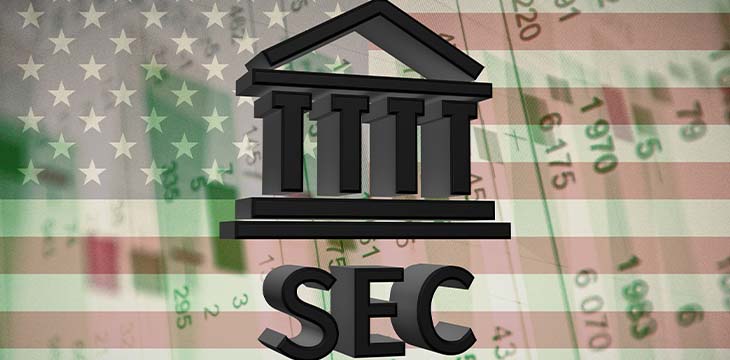|
Getting your Trinity Audio player ready...
|
The Securities and Exchange Commission (SEC) is weighing waiving some securities laws for digital asset companies in a move that’s aimed at encouraging more companies to become compliant.
In a recent interview, Chairman Gary Gensler revealed that the agency is considering wielding the authority it’s been granted by U.S. Congress to exempt virtual asset service providers (VASPs) from some laws, even as the debate on whether some digital assets are securities continues.
The SEC has been viewed as the de facto digital asset regulator, and in the past decade, it has been the biggest beneficiary of the $3.35 billion that VASPs have forked out in enforcement actions. And while Gensler has insisted that most digital assets are securities, they are yet to be officially categorized as such.
In an interview with Yahoo Finance, Gensler stated, “We do have robust authorities from Congress to use our exemptive authorities that we can tailor for disclosure and investor protection.”
“There’s a potential path forward. I’ve said to the industry, to the lending platforms, to the trading platforms: ‘Come in, talk to us,’” he added.
Such an exemption would go against his previous stance. In April this year, Gensler claimed in his address at the University of Pennsylvania that “there’s no reason to treat the crypto market differently just because different technology is used. We should be technology-neutral.”
In his most recent interview, Gensler insisted that most VASPs are non-compliant, and his agency deems them to be offering unregistered securities. Currently, the SEC is embroiled in a major lawsuit against Ripple on this very issue. In a lawsuit filed by his predecessor Jay Clayton, Gensler is pursuing the California company for offering unregistered security in XRP.
As Gensler seeks to exempt VASPs from some securities laws, his agency has come under fire from Senator Elizabeth Warren (D-MA) for laxity as investors lose billions in digital assets.
“Congress needs to act, but the SEC has a responsibility to use its authorities to put guardrails in place and crack down on crypto actors that break the rules,” Warren told Yahoo Finance in an interview this week.
“I’ve been ringing the alarm bell on crypto and the need for stronger rules to protect consumers and financial stability. Too many crypto firms have been able to scam customers and leave ordinary investors holding the bag while insiders make off with their money,” she stated.
The solution to the lack of regulatory clarity may lie in interagency coordination, resulting in one rule book for VASPs, Gensler suggested a month ago. He hinted that he’s working with the Commodity Futures Trading Commission (CFTC), an agency he previously chaired, to develop unified rules that prevent VASPs from slipping into the regulatory cracks.
Watch: SEC Commissioner Hester Peirce on Bitcoin Association’s Blockchain Policy Matters

 03-01-2026
03-01-2026 




